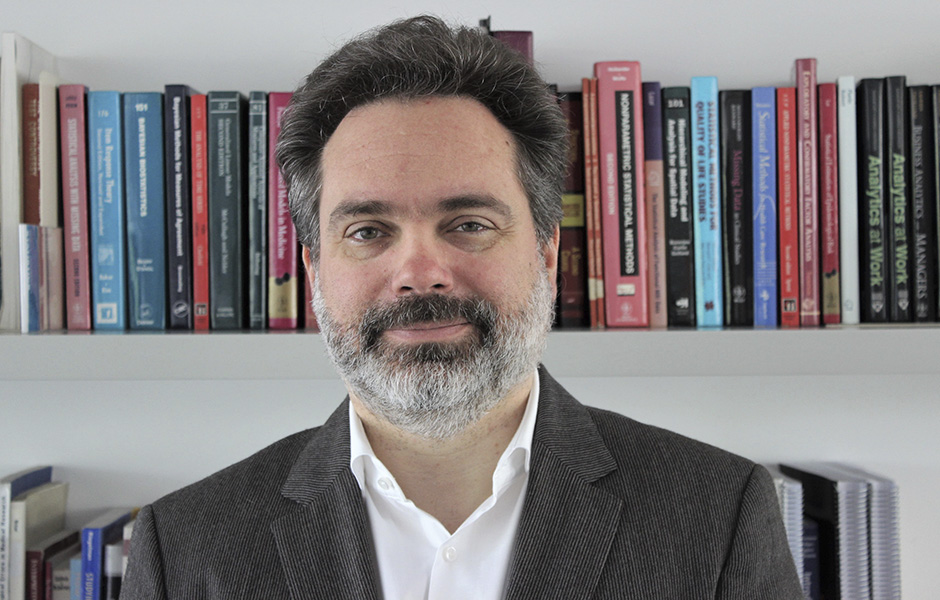Promoting greater liaison and dialogue between Ethics Committees (EC) and researchers is the main objective of the event “Ethics and Health Research Committees – impact of law changes and challenges for the future”, which will take place on October 18, at the Aula Magna of the Faculty of Medicine of the University of Porto, with the support of CINTESIS.
“The time has definitely come for researchers and Ethics Committees to work more together”, says João Fonseca, director of Department of Community Medicine, Health Information and Decision in Health of FMUP (MEDCIDS/FMUP), responsible for organizing the event.
According to João Fonseca, “It is important that Ethics Committees and researchers speak the same language. Researchers need to know more about regulation and bioethics issues, and committee members need to know more and gain experience on clinical research and data privacy, for example.”
As director of a department with many PhD students, research projects and a Bioethics center, João Fonseca emphasized that “there has been a need for greater proximity and training on both sides”.
For the professor, “the Ethics Committees need to be seen as an aid in the development of research; not as something that has to be overcome by researchers.”
Given the increasing demands, it is crucial that people, when they join an Ethics Committee, already have experience and training in bioethics, clinical research, research methodology, security and data protection, beyond regulatory aspects”.
The event “Commissions of Ethics and Health Research – impact of changes in law and challenges for the future” will start at 2 pm with the opening ceremony and with the interventions of the director of FMUP, Altamiro da Costa Pereira; the Director of MEDCIDS / FMUP; and the chairman of the Board of Directors of the University Hospital Center of São João (CHUSJ), Fernando Araújo, who will address the audience on the reasons for the law change that took place a year ago.
Stakeholders from all over the country will be present in the event, namely Ethics Committee chairs, doctors and health professionals, lawyers, professor, students and researchers. The participants will address Bioethics, research & data protection methodologies, and legislation & regulation of Ethics Committees and their impact on research. There will also be a broad debate on “Proposals for effective dialogue between Ethics Committees and researchers”.
In Portugal, there is a central Ethics Commission, located in INFARMED, which is responsible for deciding the clinical trials, mostly promoted by the pharmaceutical industry. Many of its members integrate Ethics Committees in hospitals, Regional Health Administrations (ARS) and Universities.
In university hospitals, as is the case of the CHUSJ, a new Ethics Committee was created following the new law of November 2018, which decides on the studies that are carried out in the hospital and in the faculty. According to João Fonseca, these common Ethics Committees are “a very relevant point” for the operationalization of Clinical Academic Centers (CAC).

